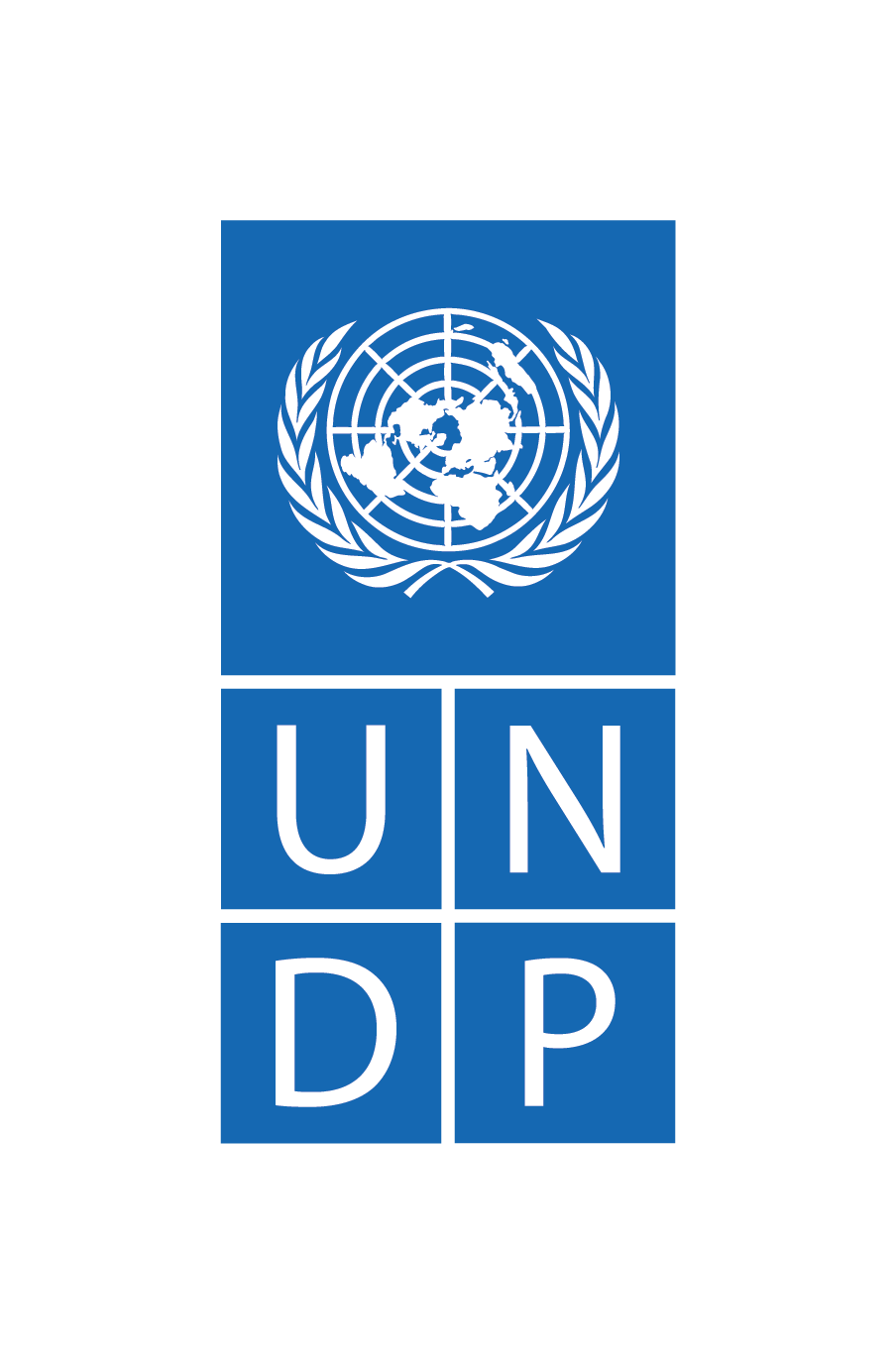Audit
Purpose
Robust internal audit systems increase the reliability of financial systems and reports.
Internal auditing is an independent, objective assurance and consulting activity designed to add value and improve an organization’s operations. It helps an organization accomplish its objectives by bringing a systematic, disciplined approach to evaluate and improve the effectiveness of risk management, control and governance processes. An internal audit department considers systems and processes within and outside the finance department. In addition to compliance with established policies and procedures, they consider wider issues such as organization reputation, opportunities for growth and risk management.
An external audit adds credibility and reliability to financial reports by giving stakeholders an independent opinion of the financial statements for a given period.
An audit may be defined as an opinion by the auditor on whether the financial statements are prepared, in all material respects, in accordance with the relevant applicable financial reporting framework. Ideally, an audit should be conducted in line with International Standards on Auditing to enable the auditor to give their audit opinion. An unmodified audit opinion is often referred to as an unqualified opinion or clean opinion. This is where the audit report states that the financial statements present fairly in all material respects or give a true and fair view. A qualified opinion in the audit report is given when the auditor believes there is a material misstatement or is unable to obtain sufficient evidence on a particular matter or matters in a specific area.
UNDP’s approach
UNDP assists health programmes to improve audit and assurance processes by:
- developing internal audit tools and terms of reference and strengthening audit committees to improve the transparency of audit and assurance systems
- developing and implementing terms of reference for both external and internal audit work within health systems
- drawing on global experience, tailored to the country context, to provide advice and good practices on internal audit processes (e.g. an internal audit person or department should report direct to a senior government official or chief executive officer of a civil society organization, to be sufficiently independent of the health system)
- working with management to establish a plan to address the weaknesses and support successful implementation of audit recommendations.
Technical assistance in Indonesia
In Indonesia, UNDP was asked to provide finance management technical assistance to the Ministry of Health and a civil society organization. Included in the support provided was assistance to the entities to expedite the preparation of information for the external audit and ensure the prior year audit recommendations were thoroughly addressed.
Suggested capacity-development indicators
Suggested indicators to monitor improvements in internal audit systems include:
- An internal audit person / department is in place
- The internal audit department reports to a senior authority outside the finance function.
- The internal audit department regularly issues internal audit reports.
- The internal audit department reviews management responses and actions taken.
- Terms of reference for the external auditors are available
- Terms of reference for the external auditors are available.
- An external audit report is available for the last financial year.
- An approved plan is in place for management actions to address audit recommendations.
- Senior management staff monitor the implementation of the external audit recommendations.
- A certain percentage of recommendations is implemented.
Key resources

Guidelines for Annual Audit of Global Fund Grants
The Global Fund

Gavi Alliance Audit and Investigations Terms of Reference
GAVI The Vaccine Alliance
PDF
